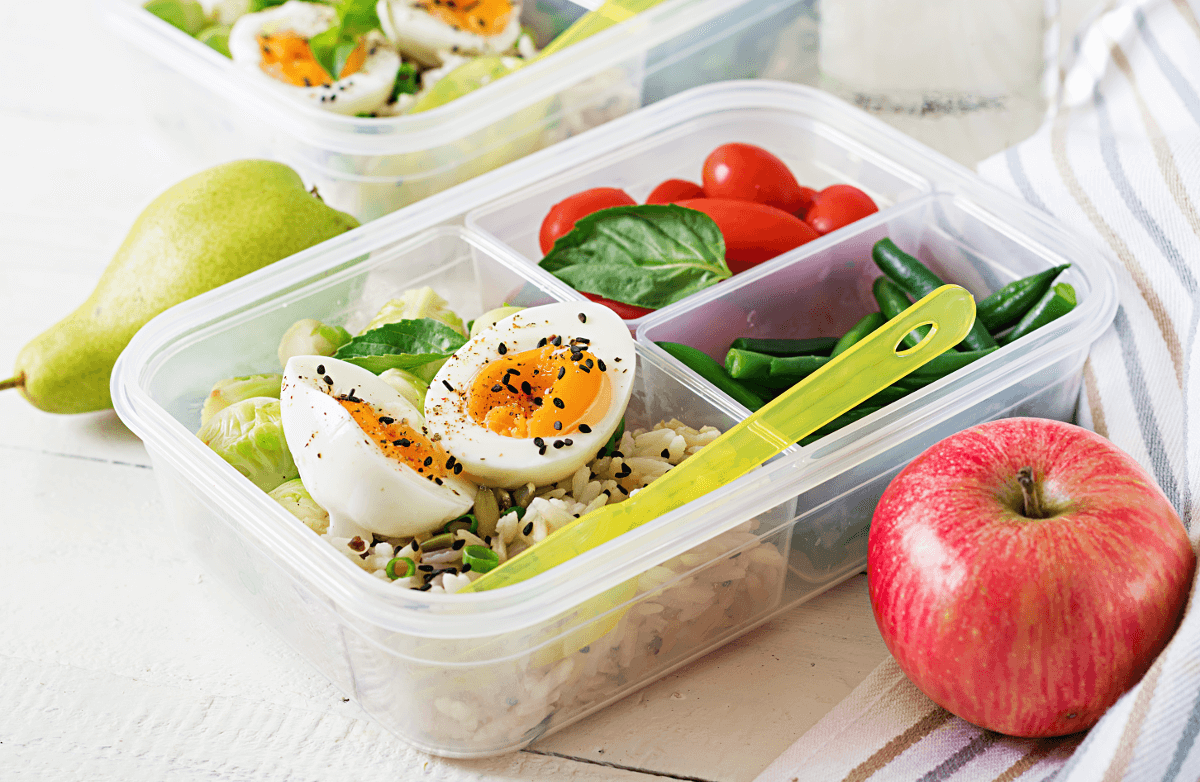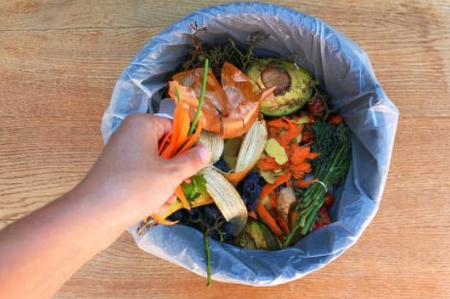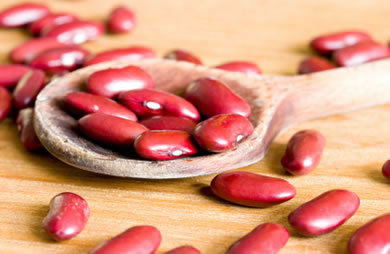Building muscle isn’t just about lifting weights — it’s also about what’s on your plate. Nutrition plays a key role in supporting muscle growth, recovery, and strength. Whether you’re new to strength training or looking to improve your performance, fueling your body with the right balance of nutrients can make a big difference.
As a Registered Dietitian, I help clients understand that muscle gain is built on three pillars: consistent training, adequate protein, and balanced nutrition.
1. Prioritize Protein
Protein provides the building blocks (amino acids) your muscles need to repair and grow after exercise. Aim for a source of protein at every meal and snack. Most active adults benefit from 1.2–2.0 grams of protein per kilogram of body weight per day, depending on training intensity.
Good sources include:
-
Lean meats (chicken, turkey, lean beef)
-
Fish and seafood
-
Eggs
-
Dairy products (Greek yogurt, cottage cheese, milk)
-
Plant-based options like tofu, tempeh, lentils, beans, and edamame
Try to include a protein-rich meal or snack within 1–2 hours after your workout to support muscle recovery.
2. Don’t Forget Carbohydrates
Carbs are your body’s main source of energy during exercise. They help fuel your workouts and replenish glycogen stores afterward. Choosing the right carbohydrates ensures you have the energy to train hard and recover well.
Healthy carbohydrate choices include:
-
Whole grains (oats, brown rice, quinoa)
-
Fruits
-
Vegetables
-
Legumes
For optimal recovery, pair carbohydrates with protein after your workout — for example, Greek yogurt with fruit, or a turkey sandwich on whole grain bread.
3. Include Healthy Fats
Healthy fats support hormone production, including testosterone, which plays a role in muscle growth. They also help your body absorb fat-soluble vitamins.
Add moderate portions of:
-
Nuts and seeds
-
Avocados
-
Olive or canola oil
-
Fatty fish such as salmon or tuna
4. Stay Hydrated
Muscle tissue is mostly water, so hydration is essential for performance and recovery. Dehydration can lead to fatigue and reduced strength. Aim to drink water consistently throughout the day and increase fluids before, during, and after workouts.
5. Be Consistent and Patient
Muscle growth doesn’t happen overnight — it’s a gradual process that comes from steady training and proper nutrition. Eating enough total calories is key. If you’re under-fueling, your body may struggle to build new muscle tissue.
A Registered Dietitian can help you calculate your individual calorie and macronutrient needs and develop a plan tailored to your goals, preferences, and training schedule.
Think of each meal as an opportunity to support your goals. A balanced plate with lean protein, colorful vegetables, whole grains, and healthy fats provides the foundation your body needs to grow stronger.













